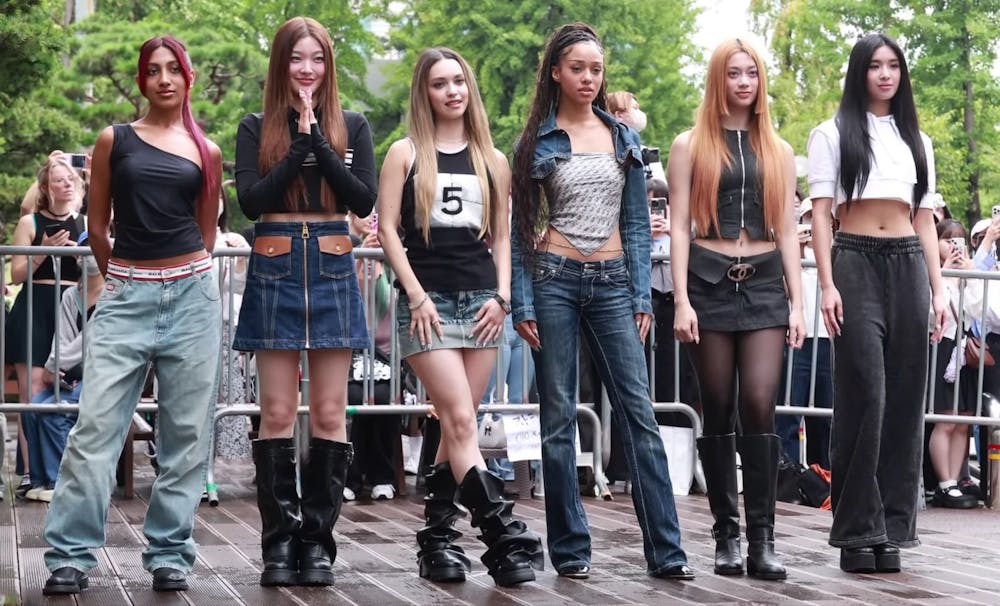By Kelly Kim
Correspondent
When you shuffle through your radio, you might come across many different genres: country, pop, indie, house and sometimes even K-pop. Known as Korean Pop, K-pop is a subcategory of one’s regular pop with the speciality of incorporating Korean lyrics, members and distinctive sounds.
However, the definition of what makes music K-pop can be called into question. What it once was and how it was portrayed in the past differs from how it is now. As the world expands into the genre of Kpop, so do its parameters of what exactly makes it unique.
As I’ve grown up with K-pop, its sound has definitely changed. From the 2012 hit “Gangnam Style” by PSY to the 2020 hits of “How You Like That” and “Lovesick Girls” by BLACKPINK, the style and sound of K-pop has exponentially changed with time. I remember being in the second grade, whispering “Gangnam Style” to myself, afraid my classmates would make fun of a song whose lyrics they didn’t understand.
Next thing I knew, as I entered my sophomore year of high school, K-pop experienced an explosion of appreciation and popularity, with my fellow classmates openly admitting they like the sound — something I could never have imagined.
However, the key aspect with Korean Pop songs are the artists or groups of people who sing them. All were of Korean heritage and sang majority Korean lyrics. However, with the emerging presence of new K-pop idol groups, such as that of XG and KATSEYE, in which many of their members are not of Korean descent, it raises the question: What makes Korean Pop K-pop? Is it the sound or the people who sing the songs?
Personally for me, I believe that each group is responsible for making their own distinctive sound, taking inspiration from both older and newer generations of K-pop groups. For the longest time, I believed K-pop’s uniqueness could be attributed to the members of idol groups. It felt like a stepping stone in an already saturated music genre, allowing Koreans a place to stand-out and be noticed.
With Korean people singing songs with Korean lyrics, it felt monumental at the time that so many people — from strangers on the internet to fellow peers — were recognizing the qualities of K-pop. This phenomenon opens people up to an appreciation for one of the many aspects of Korean culture.
With K-pop slowly becoming more mainstream over time, it has now emerged to be recognizable based on its sound and style over the people who sing them. Korean Pop is a mixture of impressive and hard-working members dressed in cohesive and stylish clothes that can either sing, rap, dance, or do all three things extremely well due to the time and effort they put into their training.
Sometimes songs will be exclusively in Korean or English, with a mixture of both, incorporating English words here and there into an otherwise Korean Pop song.
As the craft of K-pop continues to grow, so will the expectations and guidelines of what constitutes something as Korean Pop – is it the music or the members?
While there can be arguments for both, the intersectionality between the aspects make it nearly impossible to determine what is the more compelling detail, thus making the definition of K-pop interpretative to its listener.







